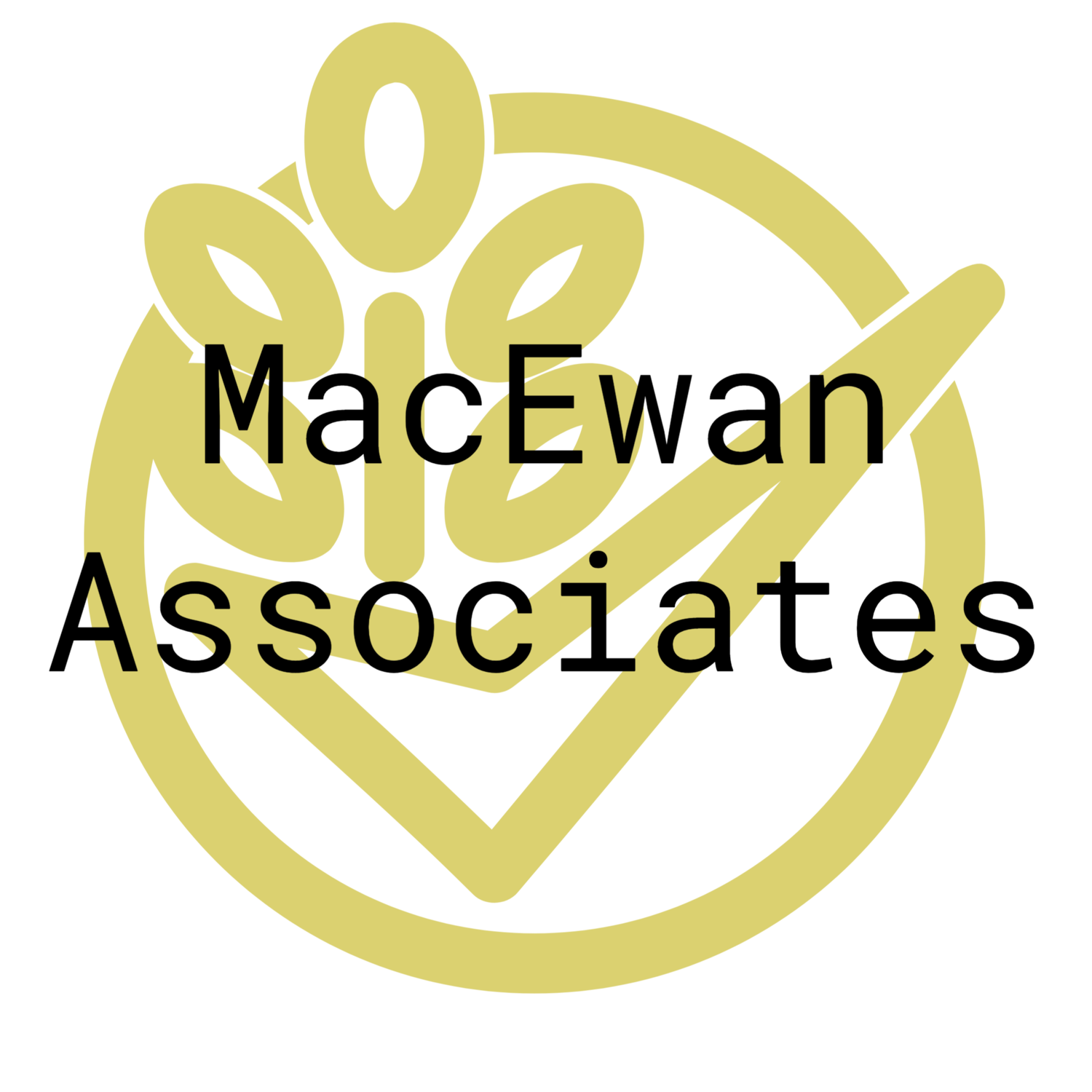
Free From Foods and Allergen Consultancy
Allergen Management
In the UK, an estimated 2% of adults have a food allergy, with this figure increasing up to 8% for children. With these numbers continuing to rise year on year it’s becoming increasingly important for businesses to ensure their staff are up to date on all the latest rules and regulations relating to allergens and free from foods.
The recent introduction to the food industry of Natasha Law means more than ever that food businesses need to be aware of how the manage allergens with in their business and how they label foods on Menus and product labels. MacEwan Associates specialise in this area and has worked with many of the major retailers in this area.
Free From foods and Allergy Management Training
MacEwan Associates provides Free-From food and Allergy Training to businesses ranging in size from the start-up to SME and for all industries including Manufacturing, Institutional Caterers and all other forms of retail or catering business.
For businesses looking for training we provide the ‘Allergy Management Course’, this is a 4 hour or half day course and can be ran in either the morning or afternoon dependent upon your businesses preferences.
The Course includes the following modules:
- Introduction to Food Allergens
- Allergies, intolerance’s, and coeliac disease
- Symptoms of allergic reactions and how respond
- Allergen legislation
- Free From Claims
- Managing allergens from Purchase to Sale
- Providing allergen information to customers relevant to you setting.
Courses can be provided to individuals on a 1-2-1 basis or given to large number of individuals all in one go.
Courses Can be taken via:
- Zoom or another video conferencing software.
- On-Site on your business premises
- In Edinburgh from our own offices
All our courses count towards CPD training hours.
What is an allergic reaction ?
An allergy is a reaction of the body’s immune system in response to normally harmless substances.
When the body experiences an allergic reaction to a substance it encounters in its environment, the body’s immune system produces antibodies which identify a particular allergen as harmful. The reaction of the immune system to these antibodies is what causes common allergic reaction symptoms such as:
· Tingling in the mouth
· Feelings of dizziness
· Shortness of breath
· Swelling of the lips, tongue, face, or throat.
· Hives
· Anaphylaxis
There are two types of allergic reaction
- IgE-mediated food allergy
- Non IgE-mediated food allergy
What is a food intolerance ?
Food intolerance is a reaction which stems from a digestive system response, as opposed to an immune system response such as with allergic reactions, to a food which the body finds difficult to break down or digest. Symptoms of food intolerance usually happen several hours after eating a food item and can include:
Tummy pain.
Diarrhoea.
Flatulence
Bloating
Headaches or migraines.
Heartburn.
Nausea.
Upset stomach.
Food intolerance does not cause severe reactions such as Anaphylaxis and usually passes once the food allergen has left the body.
Why are food allergies becoming more common?
Definitive reasons for the increases in food allergies in recent years are still largely unknown, but it is thought that it is a combination of factors which are contributing to how immune systems respond. Factors contributing to an increase in food allergies include:
Genetics – Food allergies can be hereditary.
Improved hygiene standards – Less exposure to microbes can result in an immune response when these microbes are encountered later in life.
Diet – Certain foods contain added chemicals and preservatives which contain sensitising agents, these sensitising agents contribute to an adverse response from the body.
Pollution –Multiple factors including air pollution and other common pollutants are known to disrupt the epithelial barrier. This disruption can cause an abnormal response from the body to allergens which previously wouldn’t have caused a reaction.
